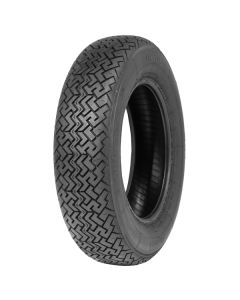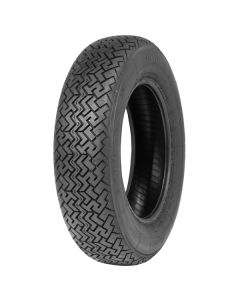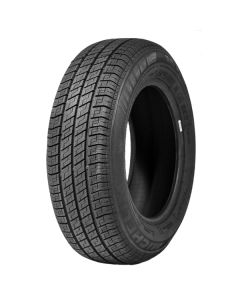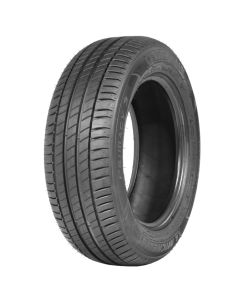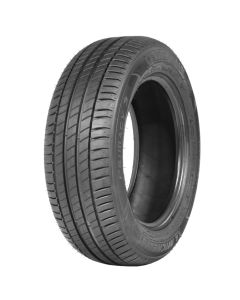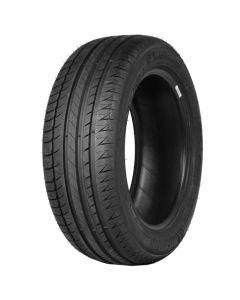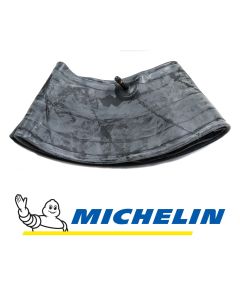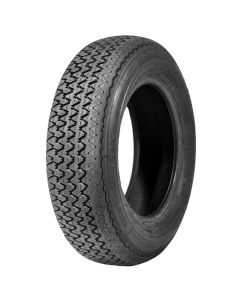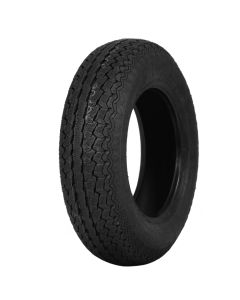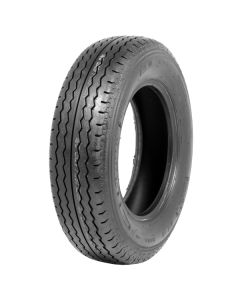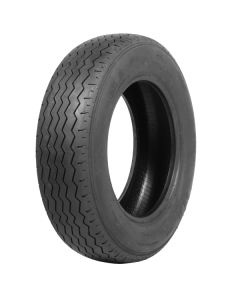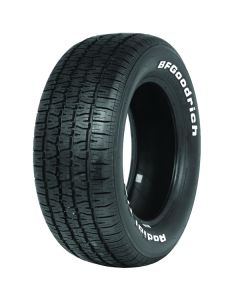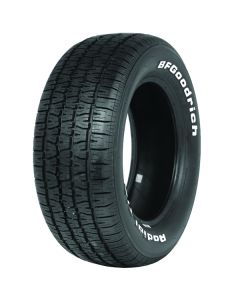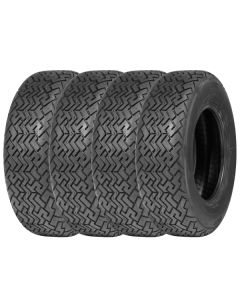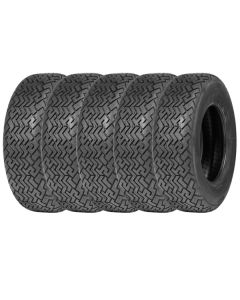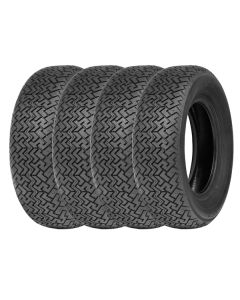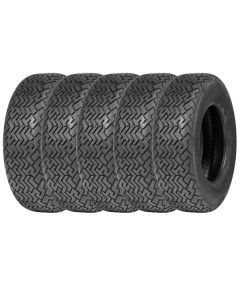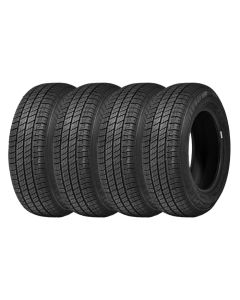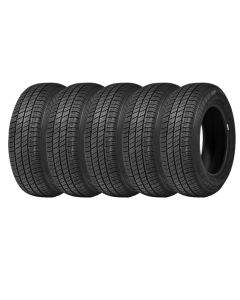Nissan 200SX Tyres
Nissan 200SX 1975–1999
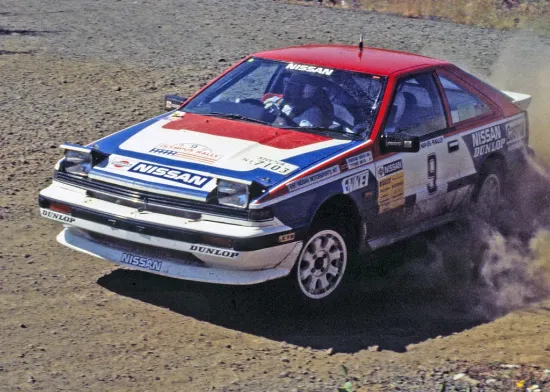
Nissan 200SX Rally
- 200SXs from 1977-1979 and from 1996-1997 fitted 175/70 - 13. The recommended tyre in this size is the 175/70 VR 13 PIRELLI CINTURATO CN36. The correct tube for these tyres is the Michelin 13E innertube.
- The standard model 200SXs from 1980-1984 and the 200SX GL fitted 185/70 - 14. We recommend fitting the 185/70 VR 14 PIRELLI CINTURATO CN36. The Michelin 14E is the correct tube for these tyres.
- The 200SX Turbo in 1984 and the 200SX XE from 1985 to 1988 fitted 195/60 - 14. The tyre that we recommend in this size is the 195/60 VR 14 Michelin MXV3-A.
- Tyres with a profile below 70% (e.g 195/60 VR 14 Michelin MXV3-A) should not fit innertubes.
- The 200SX SE fitted 205/60 R 15 from 1985 until 1989. We recommend the 205/60 WR 15 Michelin Pilot Primacy 3 as the best tyre in this size.
- The 200SX from 1989-1994 fitted 195/60-15. The 195/60 VR 15 Michelin Pilot Primacy 3 is the tyre we recommend for this size.
- The 200SX SE fitted 175/65 - 14 from 1996-1998, unfortunately, no classic tyre manufacturer currently make a tyre in this size.
- The 200SX SE-R in 1996-1998 fitted 195/55 - 15, the tyre we recommend for this size is the 195/55 VR 15 Michelin Pilot Exalto PE2.
Nissan 200SX Pressure Guide
| Model | Year(s) | Front (psi) | Rear (psi) |
|---|---|---|---|
| 200SX | 1977-1979 | 26 | 26 |
| 200SX | 1980-1984 | 26 | 26 |
| 200SX Turbo | 1984 | 28 | 28 |
| 200SX GL | 1986 | 28 | 28 |
| 200SX XE | 1985-1989 | 28 | 28 |
| 200SX SE | 1985-1989 | 28 | 28 |
| 200SX | 1989-1994 | 29 | 33 |
| 200SX | 1996-1998 | 33 | 29 |
| 200SX SE-R | 1996-1998 | 29 | 33 |
Is your model of 200SX not listed in our guide? Please give us a call at +44 (0) 1302 711 123 for information regarding tyre pressures for your 200SX, or for any other queries
History of the Nissan 200SX
The Nissan 200SX sport coupe goes by a few other names across export markets and as generations have gone on. They are all categorised under the Nissan Silvia name and the Nissan S platform. They have been marketed as the 200SX in Europe, 240SX in the US, and 180SX in Japan. Some of these cars have also been sold under the Datsun Brand.
The rise of the Japanese automobile market in the 1950s caught the eye of Albrecht Graf von Goertz, a former consultant for BMW and designer of the BMW 503 and 507. Yamaha was seeking to develop their own sports cars and formed a partnership with Goertz alongside Nissan to create the Nissan Silvia CSP311. Goertz would attempt to make a world-class sports car with Nissan but the project was abandoned by Nissan and sold by Yamaha to Toyota, which led to the Toyota 2000GT, one of the most important cars in Japanese automobile history.
The S10 Silvia was released in 1975 and the S-platform was born, starting the first line of compact RWD sports cars that Nissan would produce. It was fitted with an inline-4 engine that was shared with the Bluebird 180B. Success for this first model was limited as it was up against the Toyota Celica which was more popular with buyers at the time.
The S110 Silvias featured a turn to sharper edges on its styling, a three-door hatchback (There was a version called the gazelle in the Japanese Domestic Market), and after failed experimentation with a rotary engine, the Z series 4-cylinder engine was installed in place. A later facelift introduced a DOHC straight-4 engine model to the Silvia lineup.
in 1983 when the S12 Silvias hit the market, they received multiple changes through their lifespan, including receiving an S12 MKII designation for the Post 1986 models due to an exterior trim change. The prior Z type engine was replaced with a 2.0L Nissan CA straight-4 type engine in North American models, a 1.8L turbo version was fitted to SE trim versions and some US trim versions had an optional V6 engine fitted. The European S12's were badged as Silvia in this generation, except for Sweden where it was called the 180ZX to avoid clashing with the Queen of Sweden's name, which is also Silvia.
The S13 Silvia debuted in mid-1988 where it instantly won car of the year in Japan. The Silvia ceased exportation this year and was replaced with rebadged 180SXs which were still named 200SX in Europe and North America was dubbed the 240SX. The RS13U 200SX model was the export model of 180SX, this was only available in the UK as a 3 door hatchback though the notchback coupe version has been imported privately to the UK in recent years.
When the S14 model of the Silvia came about, the North American export market sales of the Silvia suffered, whilst the Japanese domestic market versions remained popular, however, due to an increase in wheelbase size, the Silvia fell out of the compact class tax bracket, meaning road tax was increased on the car, leading to buyers opting for other options, including the increasingly popular RVs and SUVs. The sales decrease may have been one of the reasons that the fastback and convertible models were discontinued internationally. The S14 received a mild styling update in 1996 which revised the lighting systems and exterior trims, as well as a slight revision to the turbocharger. This model is known among enthusiasts as the S14A, this was sold as the second generation of 240SX in North America.
The last generation of Silvia, the S15 was only sold in Japan, Australia, and New Zealand although some were sold to other countries through non-Nissan distributors. This generation was sold just as the 200SX in Spec-S and Spec-R with Aero variants that had more aerodynamic features. There was one lesser-known short production variant called the Silvia Varietta that featured a retractable hardtop, this only had 1143 models produced.


